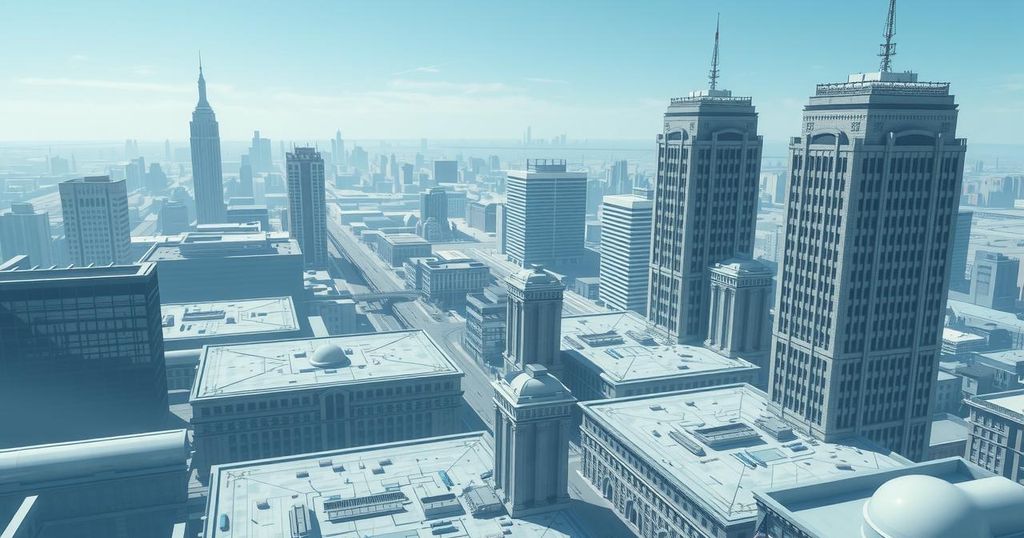World news
ABDEL - FATTAH BURHAN, AFRICA, BURH, BURHAN, CAIRO, CIVIL WAR, DAGALO, EGYPT, HUMANITARIAN CRISIS, KHARTOUM, MILITARY, MOHAMMED HAMDAN DAGALO, NILE, NILE RIVER, OMAR AL - BASHIR, RAPID SUPPORT FORCES, REFUGEE CRISIS, REPUBLICAN PALACE, RS, RSF, SUDAN, U. N, U. N. CHILDREN ’ S AGENCY, WAR
David O'Sullivan
0 Comments
Sudan’s Military Retakes Republican Palace Amid Ongoing Conflict with RSF Forces
Sudan’s military has retaken the Republican Palace in Khartoum, a significant victory against rival RSF forces after nearly two years of conflict. The RSF’s acknowledgment of the loss remains absent, and the humanitarian crisis intensifies as fighting persists. Both military factions face allegations of human rights violations amidst the turmoil that traces back to the country’s recent political upheavals.
Sudan’s military has announced the retaking of the Republican Palace in Khartoum, the last stronghold of rival paramilitary forces following nearly two years of conflict. Social media posts captured soldiers celebrating on the 21st day of Ramadan, confirming their presence in the palace, which is now reported to have sustained significant damage.
The capture of the Republican Palace represents a strategic victory for the Sudanese military under the leadership of General Abdel-Fattah Burhan, marking another significant advancement against the Rapid Support Forces (RSF), led by General Mohammed Hamdan Dagalo. This development comes after a persistent conflict initiated in April 2023, leaving the RSF expelled from Khartoum.
The RSF has yet to acknowledge its defeat, and the ongoing violence is unlikely to cease as they maintain control over other territories in Sudan. The United Nations has highlighted the humanitarian crisis stemming from this conflict, which has resulted in over 28,000 fatalities and extensive displacement of the population. Many families now face dire conditions, resorting to extreme measures for survival amid widespread famine.
Historically, the Republican Palace has been a symbol of governance in Sudan since British rule and the post-independence era. Throughout the conflict, both the military and RSF have aimed to control this significant location, resulting in extensive military actions directed at the compound.
Sudan’s political landscape has been tumultuous since the ousting of President Omar al-Bashir in 2019. The attempted transition to democracy was disrupted by a military coup, leading to a violent struggle between Burhan’s forces and the RSF that began in 2023. Previous military advances have also included reclaiming vital infrastructures, such as a refinery north of Khartoum, contributing to rising civilian casualties amid ongoing clashes.
The RSF has faced accusations of human rights violations, which the group has denied. The former President al-Bashir is currently indicted for genocide, connecting historical contexts of violence in the region to the present conflict. U.S. officials have stated that the RSF’s actions could be classified as genocide, an assertion the group contests.
The retaking of the Republican Palace by Sudan’s military marks a crucial juncture in the ongoing conflict with rival paramilitary forces. As the military continues to make territorial gains, the humanitarian crisis worsens, with significant loss of life and widespread displacement. Both factions face accusations of human rights abuses, shadowing the conflict with a grim historical context that links it to past atrocities. The future of Sudan remains uncertain as the fighting persists across the nation.
Original Source: www.clickorlando.com




Post Comment